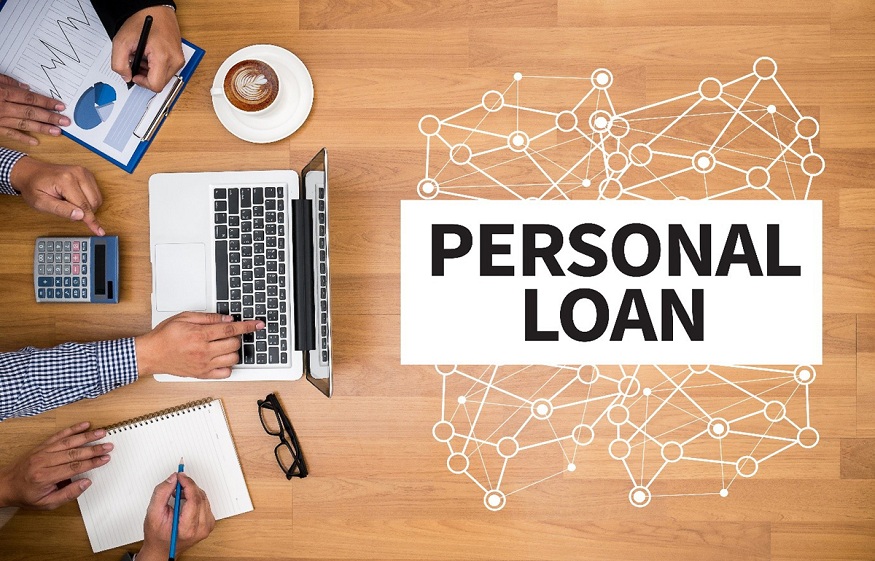Education is a critical part of our lives, and getting a personal loan to finance your education is becoming an increasingly popular option.
While personal loans can help cover the cost of tuition fees, books, and other expenses, there are pros and cons to consider before taking out such a loan.
Pros of getting a personal loan for your education
Education is an essential aspect of personal and professional growth. However, pursuing higher education often comes with a significant financial burden.
In such cases, personal loans can be a viable solution to help cover the cost of education. Personal loans are unsecured loans that can be used for various purposes, including funding education. Here are some of the pros of getting a student loan in Singapore:
1. Flexibility in using the loan amount
One of the significant advantages of getting a personal loan for education is the flexibility in using the loan amount.
Unlike other types of loans that are specific to a particular purpose, personal loans can be used for any education-related expense, such as tuition fees, accommodation, books, or equipment.
2. No collateral required
Personal loans are unsecured loans that do not require any collateral. This means that you do not need to pledge any asset or property as security for the loan.
This is particularly beneficial for students who do not have any assets to pledge as collateral.
3. Lower interest rates
Personal loans often come with lower interest rates than credit cards or other forms of borrowing. This means that you can save money on interest payments over the loan term.
Additionally, some lenders offer low interest rates for education-related personal loans, making it a more affordable option.
4. Easy application process
Personal loans are relatively easy to apply for, with most lenders offering online applications.
This means that you can complete the application process from the comfort of your home without the need for lengthy paperwork or face-to-face meetings.
The approval process is also quick, with some lenders offering same-day approval and funding.
5. Improve credit score
Taking out a personal loan for education and repaying it on time can help improve your credit score.
This is because timely repayments demonstrate financial responsibility and can help establish a good credit history.
6. Opportunity to consolidate debt
If you have multiple debts, such as credit card debt or other loans, you can use a personal loan to consolidate them into a single payment. This can help simplify your finances and make it easier to manage your debt.
7. No restrictions on eligibility criteria
Personal loans have relatively simple eligibility criteria, and lenders do not have any restrictions on who can apply for them.
As long as you meet the minimum eligibility criteria, such as having a stable income, a good credit score, and a valid ID proof, you can apply for a personal loan for education.
8. Repayment flexibility
Personal loans for education come with flexible repayment options. You can choose the loan tenure and repayment schedule that best suits your financial situation.
Some money lenders in Singapore also offer repayment holidays or the option to make prepayments without any additional charges.
9. Better than borrowing from friends or family
While borrowing from friends or family may seem like a convenient option, it can also lead to strained relationships if you are unable to repay the loan on time.
Personal loans, on the other hand, are a formal financial agreement between you and the lender, ensuring that there is no room for confusion or misunderstandings.
10. Builds financial discipline
Taking out a personal loan for education requires financial discipline and planning. It involves creating a budget, managing expenses, and making timely repayments.
These practices can help build financial discipline and responsibility, which can be valuable in the long run.
Cons of getting a personal loan for your education
Getting a personal loan to pay for education expenses can seem like a good idea at first, especially when you don’t have enough savings to cover the costs.
However, there are several cons to getting a personal loan that you should consider before making the decision.
1. High-interest rates
Personal loans often come with high-interest rates, especially if you don’t have good credit. This means that you will end up paying much more for your education in the long run.
The interest rate can add up to thousands of dollars over the life of the loan, making it much more expensive than other forms of financing.
2. Additional Fees
In addition to high-interest rates, personal loans may also come with additional fees, such as origination fees, late payment fees, and prepayment penalties. These fees can add up quickly, making it even more difficult to repay the loan.
3. Limited Repayment Options
Personal loans often have fixed repayment terms, meaning that you will have to make the same payment every month for the life of the loan.
This can be challenging if you have a variable income or unexpected expenses that arise during the repayment period.
Additionally, if you’re unable to make your payments, the lender may report your late or missed payments to credit bureaus, negatively affecting your credit score.
4. Lack of Flexibility
Unlike federal student loans, personal loans do not offer flexible repayment options, such as income-driven repayment plans or deferment or forbearance options.
This can be especially challenging if you experience financial difficulties and are unable to make your payments.
5. Risking Your Financial Security
Taking out a personal loan to pay for education can put your financial security at risk. If you’re unable to make your payments or fall behind, the lender may take legal action to collect the debt, including garnishing your wages or seizing assets.
This can have a significant impact on your financial future, making it more difficult to achieve your long-term financial goals.
6. Impact on Credit Score
Taking out a personal loan can have a significant impact on your credit score. Every time you apply for a loan, the money lender will pull your credit report, resulting in a hard inquiry.
Too many hard inquiries can lower your credit score, making it more challenging to qualify for future loans or credit cards.
7. Long-term Debt
Personal loans are often structured as long-term debt, meaning you’ll be paying off the loan for several years after graduation.
This can limit your financial flexibility and make it more challenging to achieve your other financial goals, such as buying a home, starting a business, or saving for retirement.
Final words
Personal loans for college students are different from other types of student loans in that the money won’t be sent straight to the school. Instead, the person who took out the loan will get the money. The user will, of course, be able to pay back the college with the money from the loan.
When you ask for a personal loan, you should be as clear as possible about how much money you think you will need. Try not to get too deep into debt.
First, figure out how much money you have saved, how much money you have from scholarships, and how much extra money you have from your student loans.
Personal loans with low interest rates are a good choice for college students, but they are still debt and come with risks.
Personal loans for college students could have consequences, and for a number of reasons, they might not be a good choice for most students.
Some students are able to stop going to school so they can get personal loans. But it’s important that you know how much money you can borrow without putting your finances in danger, that you’ve tried every other way to pay for school and the costs that come with it, and that you understand the terms of your personal loan.
In no way are these same as student loans. You should only use them when you really need to and only in amounts that you can handle. You should also have a good plan for paying them back.





